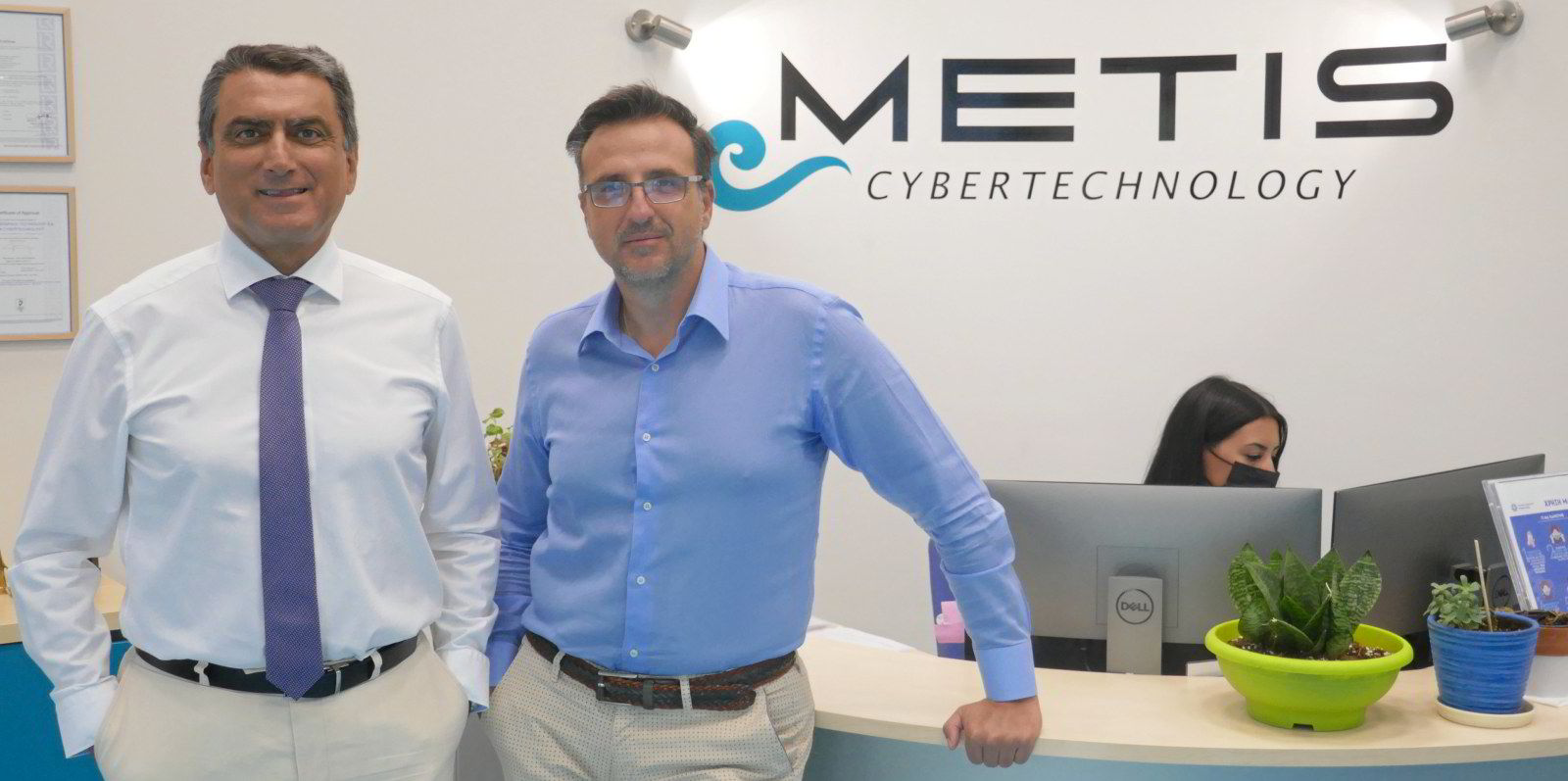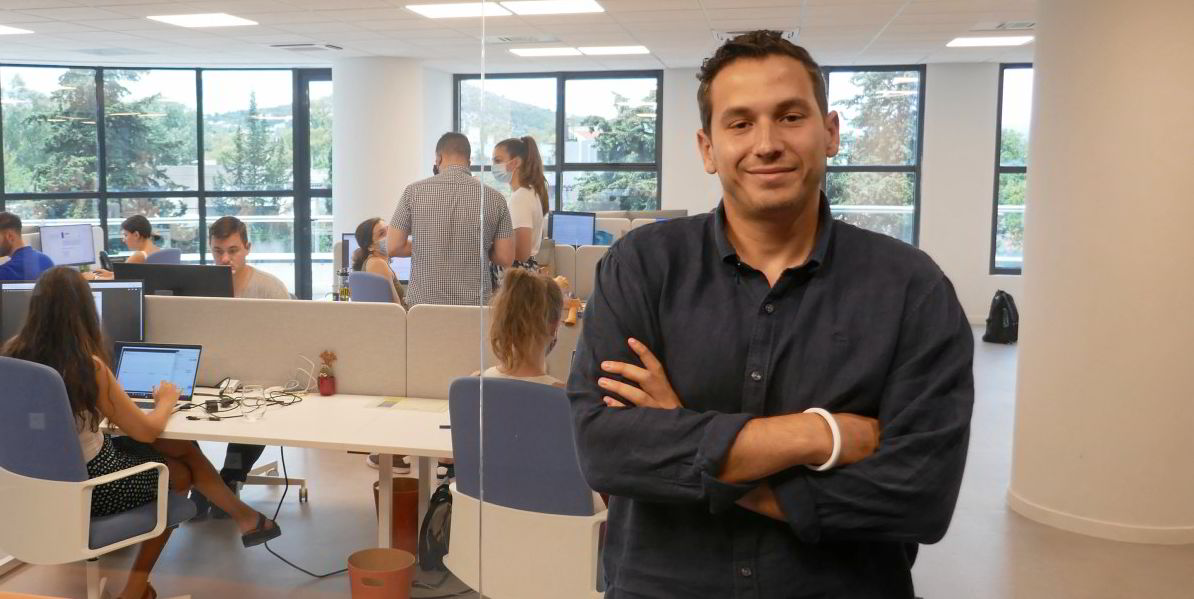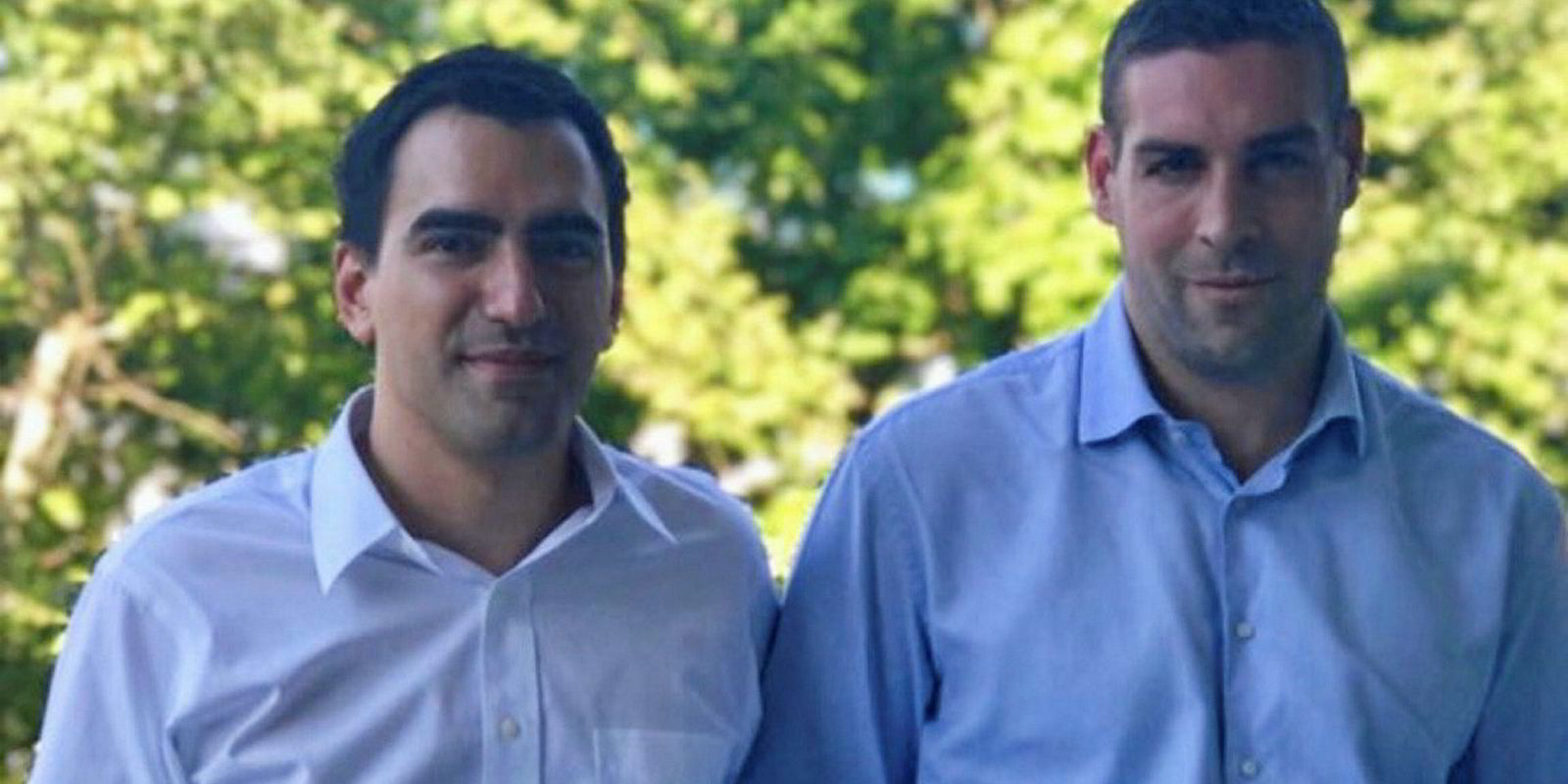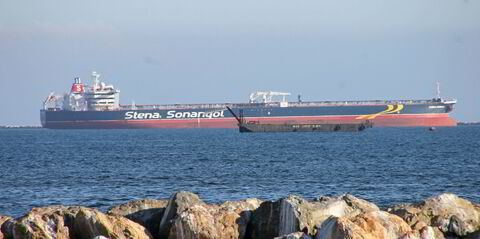When TradeWinds first visited Metis Cyberspace Technology, the Greek company had a big idea but just a handful of clients to show for it.
Four years on, the scrappy start-up has grown in stature, making big strides in its ambition to bring the "Internet of Things" to shipping.
The company has moved into swankier offices in a prime Athens seaside location — the futuristic Stavros Niarchos Cultural Centre.
With 270 ships belonging to about 30 different customers, Metis’ client book has become fatter and more glamorous as well.
The company has extended its geographical scope far beyond its traditional Greek tanker and bulker base, which continues to be represented by companies such as Thenamaris, Lavinia Corp and Olympic Shipping & Management.
New additions include Neptune Lines, which has invited Metis to install its sensors and performance-measuring devices on its car carriers.
Using cloud computing, machine learning and social-networking technologies, operational data are retrieved in real time, instantly analysed and sent via a user-friendly interface to the headquarters of shipping companies.
Fertile ground
Foreign clients have warmed to the offering as well, including Abu Dhabi National Oil Company (ADNOC) and containership owner X-Press Feeders.
Danish shipping company Esvagt is using Metis' technology to optimise routes for service-operation vessels carrying personnel and material to offshore wind farms.
The Metis algorithm does not just work out in which order Esvagt ships should approach wind turbines, but also in what speed and from which angle.
Serafeim Katsikas, chief technology officer at Metis, said: “We’ve built a motion sickness index into the calculation as well. It would make no sense to disembark engineers for work when their heads are spinning.”
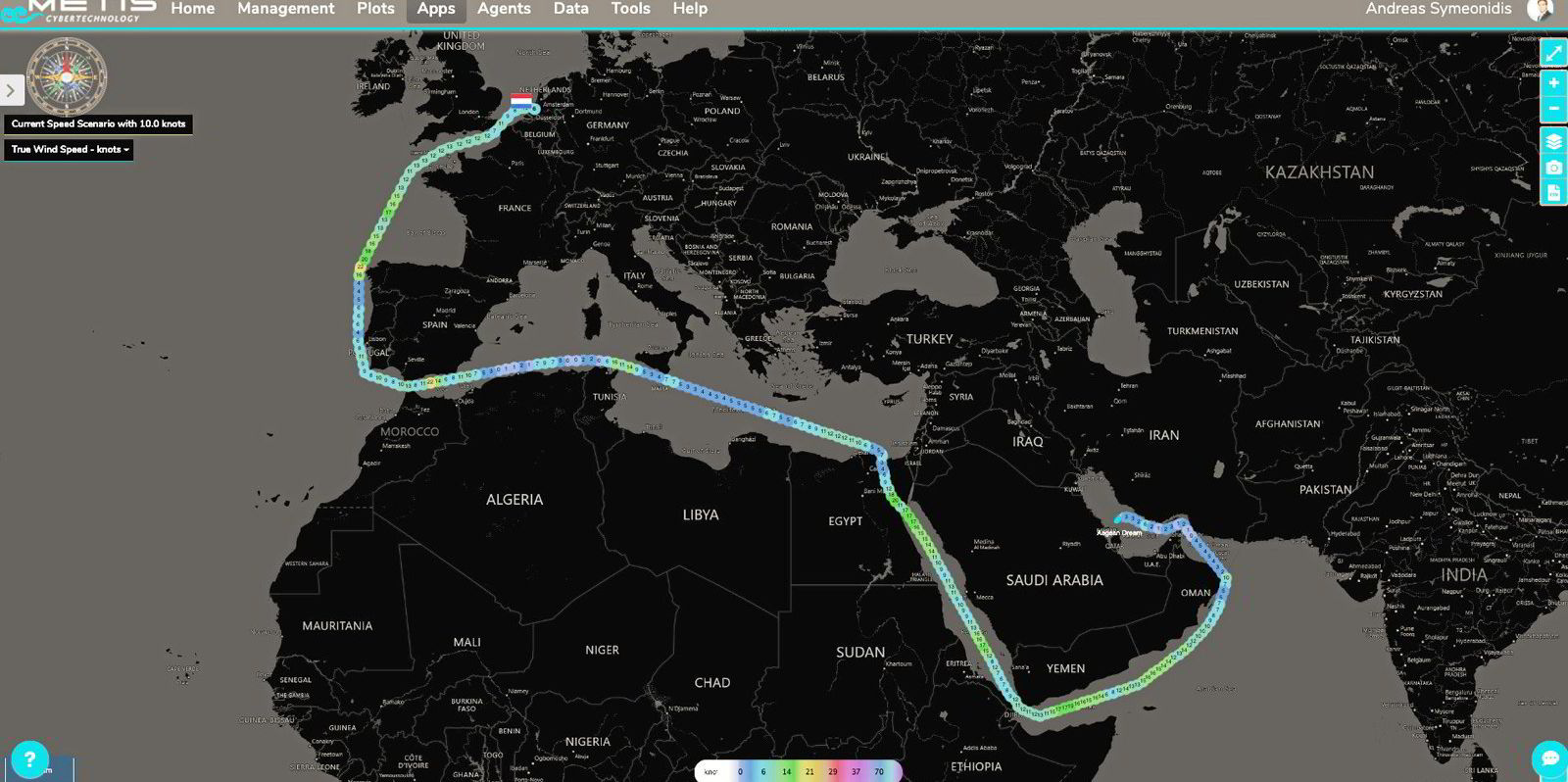
Its foreign push makes Metis stands out in a nascent Greek technology scene that looks to use its country’s huge shipping base as a springboard to grow abroad.
In order to win even more clients outside its home country, Metis opened up offices and representations in Vancouver, Singapore, Oslo and Hamburg earlier this summer.
The company describes itself as a specialist in data acquisition, real-time performance monitoring and intelligent analytics for the maritime industry, using machine learning and artificial intelligence.
Founded: 2016
Footprint: Headquarters in Athens, with offices and representatives in Vancouver, Singapore, Oslo and Hamburg
Controlling shareholder: Erma First, a maritime-focused environmental engineering group
Key executives: Mike Konstantinidis, chief executive; Serafeim Katsikas, chief technology officer; Manos Patsios, chief operating officer
“These markets embrace the digital revolution and are therefore fertile ground for us,” Metis chief executive Mike Konstantinidis said.
The company is about to launch a fundraising round in Oslo, organised by Pareto, with the aim to raise €10m ($11.8m) to accelerate its business plan.
It may help with the effort that Metis has already proven it can make a return for its shareholders.
Metis' original investor, the Olympia Group of serial Greek entrepreneur Panos Germanos, sold the firm at a profit in 2018 to Erma First, a successful Greek manufacturer of ballast water treatment systems (BWTS).
Metis is named after a nymph in ancient Greek mythology who was venerated for providing wise, prudent and shrewd advice.
To replicate this gift in the shipping world and gain new business, the company sets great store in its newly developed machine-learning algorithms.
Among other things, they help predict fuel oil consumption and propose optimal routes and speed, based on real-time data from the main engine, the hull, the propeller and four different weather providers.
The company has carried the same idea even further. Based on accumulated data, it has developed tailor-made models to predict if and when an individual ship will fall short of carbon emissions or other benchmarks set out by the International Maritime Organization, charter contracts and the banking sector's Poseidon Principles.
Konstantinidis said such data have already provided Metis' clients with useful fodder in disputes with charterers. Others were spurred into selling ships that they found out they would not be able to refinance in a few years.
Katsikas argued that shipowners who fail to collect, interpret and act on reams of real-time data from their ships in this way will find it difficult to survive the coming upheaval.
“Shipping companies usually postpone such decisions until new rules become mandatory but, in two years, it will be too late," he said. "Whoever hasn’t started early won’t be able to catch up with the knowledge advantage gained by those who did.”
Metis does not seem to stand still. In January, it clinched an agreement with hardware provider Hivecell to boost the computing power of its devices on board.
The company also set out to gain experience from fuel conversions.
“You just can’t transform your business without data,” Konstantinidis said.
